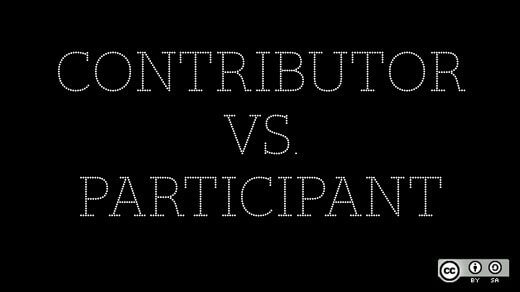While the Copyright Act of 1976 (hereinafter Copyright Act) does not explicitly recognize indirect liability, courts have held third parties liable for copyright infringement under two common law doctrines. They include:
- contributory Infringement; and
- vicarious Liability.
In the Copyright Act, “Congress recognized secondary liability, [also referred to as indirect liability], in the grant of rights under copyright, providing authors and copyright owners with the ‘exclusive right to do and to authorize’ the enumerated rights.” (quoting 17 U.S.C. §106). Legislative history explains “the phrase ‘to authorize’ is intended to avoid any questions as to the liability of contributory infringers.” (quoting H.R. Rep. 94-1476, at 61).
Contributory Infringement
The Second Circuit Court of Appeals has explained that contributory infringement occurs where “[o]ne who, with knowledge of the infringing activity, induces, causes, or materially contributes to the infringing conduct of another.” Gershwin Publishing Corp. v. Columbia Artists Management, Inc., 443 F.2d 1159, 1162 (2d Cir. 1971). In general, the two elements of contributory infringement include:
(1) knowledge of the infringing activity; and
(2) material contribution to the activity.
“The adverb ‘knowingly’ is perhaps misleading in that it takes on an unusual meaning in this setting. It does not simply mean ‘awareness of infringement’ but instead implies some meaningful capacity to prevent or discourage infringement.” [link]
Vicarious Liability
Vicarious liability finds its basis in the respondeat superior doctrine developed under agency law. The Legal Dictionary defines the respondeat superior doctrine as a mechanism that “provides a better chance for an injured party to actually recover damages, because under respondeat superior the employer is liable for the injuries caused by an employee who is working within the scope of his employment relationship.” This employment relationship is often referred to as an agency relationship in the law where the employer is considered the principal and the employee is considered an agent. Under this theory, the principal controls the actions of the agent while the agent is under the scope of employment and shall assume responsibility for the agent’s actions, including copyright infringement.
Therefore, vicarious liability is applied when one party, who is usually an employer, has control over another and likely results in a direct financial benefit from the infringing activities. Similar to contributory infringement, vicarious liability requires two elements:
(1) the right and ability to supervise or control the infringing activity; and
(2) a direct financial benefit from that activity.
For example, a stadium operator may hire bands or performers who could violate copyright law if they perform a copyrighted work without the owner’s permission. It would be much easier and potentially more profitable for a copyright owner who has been infringed by stadium performers to sue the stadium rather than each individual infringer. Due to this threat of vicarious liability, concert halls, stadiums, radio stations, television stations, and similar entities found an inexpensive way to acquire performance rights to avoid potential infringement. They purchase licenses from performing rights societies, such as Broadcast Music International (BMI) [link]:[ http://www.bmi.com ] and the American Society of Composers, Authors, and Publishers (ASCAP) [link]: [http://www.ascap.com], which gives the stadium like entities the permission to lawfully perform the copyrighted works for which they received permission under its licensing agreement.
For more information about indirect liability under copyright law, contact Revision Legal’s copyright attorneys through the form on this page or call (855) 473-8474.




